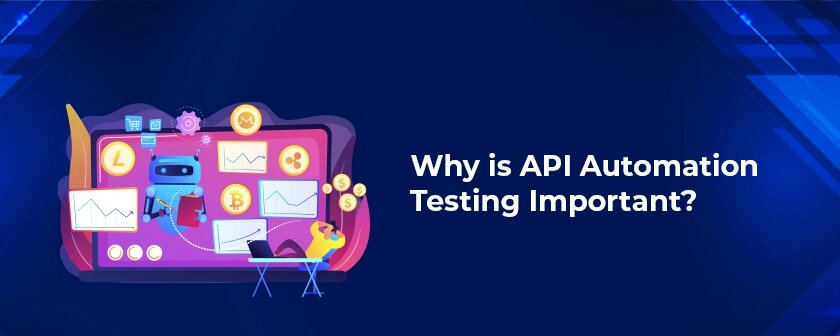APIs are acronyms for Application Programming Interface. APIs are formal specifications that help different pieces of software communicate with each other. Essentially, they are the methods by which different systems talk to each other to offer a seamless solution to the end-user. It is important to note that APIs do not have any graphical user interfaces (GUIs). Nevertheless, they play a critical and vital role in the success of the software project.
We can consider the example of a travel portal to understand this concept better. The travel portal offers a graphical interface for users to search listings and make travel plans. However, the database of the travel portal cannot have or hold all this information, especially when this information is dynamic and subject to constant change and updates. Thus, participating vendors, airlines, etc will make available APIs, which can be called upon by the travel portal to show the most recent data.
Thus, there may be two different programs written in different languages or different pieces of software undertaking unique activities. All of them can be made to interact seamlessly to deliver a holistic top-level solution. Each service is independent. Yet in the overall system, they perform as one synchronized unit because of the empowerment offered by APIs.
In many cases, there is a trigger for the API to act. This trigger can be automatic or manual. Once initiated, the API works and acts as the vital link in transferring data and logic across disparate systems and applications. Hence, testing APIs is vital. Otherwise, it can result in serious product flaws when implemented.
In today’s digitally-driven economy, almost all companies offer their APIs for integration. This is to enlarge their business footprint and offer today’s fast-paced consumers relevant and up-to-date information exactly when they need it.
GRhombustech, a leading software development company in the USA has rich experience in this regard and we share some of our knowledge below.
Some of the reasons for testing APIs include
1) Reduces Technical Debt
API testing across different stages exposes any poor design and architecture vulnerabilities. These may go on to trigger performance, security, or reliability problems at a later date. Thus, API testing makes the application future-proof and reduces any costly rework. Further, it clearly shows if the intended objectives of the API function are achieved.
2) Reduces Customer Support Cost
The earliest a bug is found and fixed, the more money is saved in customer support costs, not to mention the technical analysis. There is usually a 30x cost factor in fixing defects upfront and fixing defects after rollout and implementation.
3) Acts as a Thumb Rule for Performance Checks
Since APIs act as bridges between different systems and data tables with complex processing, testing APIs gives an idea of overall performance and response times. If it is not satisfactory, then tweaks need to be made to correct the same.
The testing of APIs by itself can be automated using multiple toolsets and libraries. In the era of CI/CD where incremental code changes are made and deployed continuously to ensure quicker delivery, automated testing of APIs saves a lot of time and money. The automation suite thus created can be seamlessly ‘plugged-in’ when making any integration or deployment and thus save the huge human effort so involved.
Why Grhombustech?Grhombustech is a leader in offering API automation testing services. As a leading software development company in USA, we bring passion and purpose to every activity. We are also a leading EdTech company in USA and cyber security companies in USA.
Our team of experts serves clients across Europe, UK, USA, Middle East. Committed to nourishing long-term relationships with them, we are dedicated to ensuring an uninterrupted flow of delivery all the time. GRhombus Technologies Private Limited is a subsidiary of GRhombus Consulting.
For additional details, please contact us.
